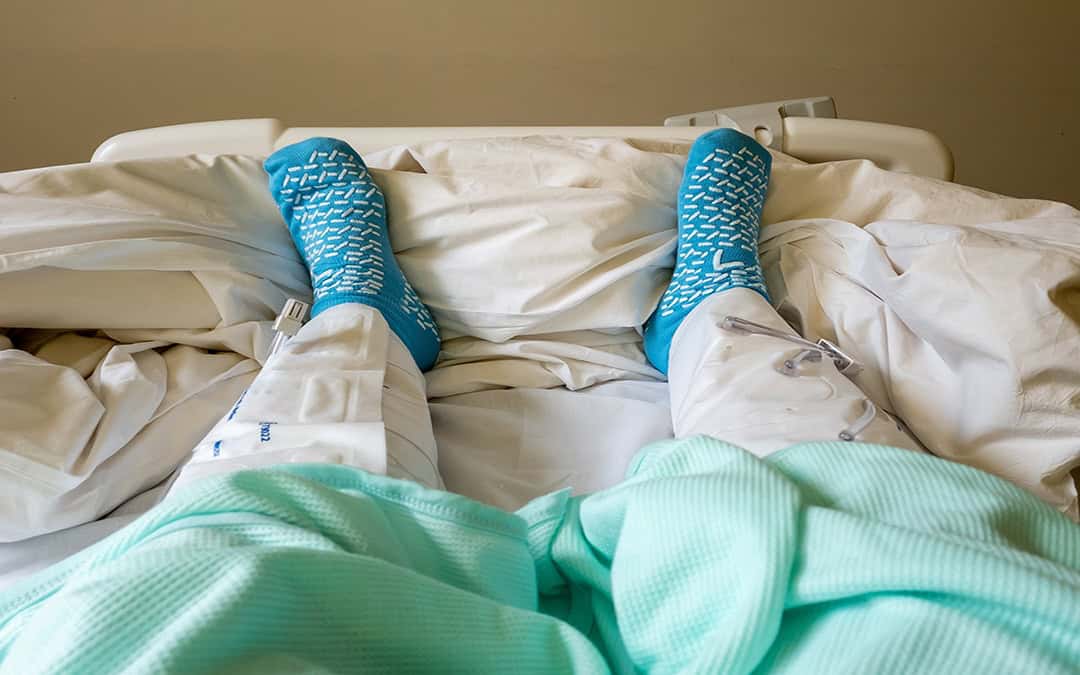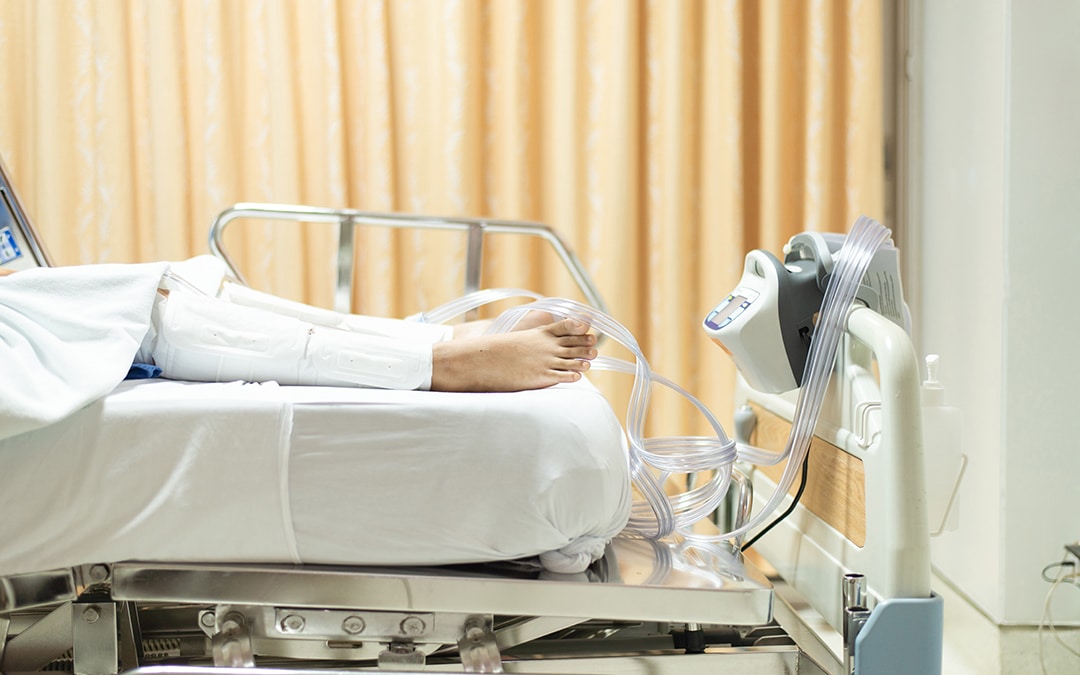Improved Patient Safety
If you’ve ever had surgery and worn leg sleeves to prevent strokes and blood clots, you might be interested to know that some new technology to power these intermittent pneumatic compression (IPC) machines is being developed to prevent device failure – and instead of costly electronics, they simply need compressed air.
IPC machines work by inflating leg sleeves worn by patients to promote blood flow, which prevents life-threatening blood clots and strokes. While the effectiveness of these machines is well-known, they rely on electronic components that are often difficult to maintain. And if the machines fail, a patient’s livelihood is at risk.
Increased Efficiency
William Grover, associate professor of bioengineering at the University of California-Riverside, has developed new technology that uses compressed air to power IPC machines. The computer system developed by Grover and his team is not only more efficient, but easier to manage. The compressed air-powered computer can also be used in temperature-sensitive environments.
Grover’s computer also uses compressed air to issue warnings. For example, the computer blows a whistle as soon as a problem is detected to alert medical staff, giving them time to take action.

Cost Effective
According to Grover, while traditional IPC devices can save patient lives, they’re also expensive.
“So, we wanted to develop a pneumatic device that gets rid of some of the electronics, to make these devices cheaper and safer,” Grover says.
To demonstrate its use, Grover and his students released a video in which they damaged an IPC device with a knife. The air computer’s whistle can be heard blowing to indicate danger.
Conclusion
Not only is the air-powered computer efficient, it’s also small and unobtrusive, making it easy to implement in temperature-challenged environments.
“This device is about the size of a box of matches. It replaces a handful of sensors as well as a computer,” Grover said. “So, we can reduce costs while still detecting problems in a device. And it could also be used in high humidity or high temperature environments that aren’t ideal for electronics.”
As a known provider of medical gasses like compressed air, CalOx is a proud partner with medical offices and surgery centers to provide high-quality products. We’re excited about new technologies like these that utilize these gasses to improve patient care. Contact us today to learn how our solutions can enhance your patient care services!
